By Badylon Kawanda Bakiman
As a partner accompanying the Ministry of Primary, Secondary and Technical Education (EPST) in the Democratic Republic of Congo (DRC), the Community of Friends of Nature and Culture (CANACU), a non-governmental development organization under Congolese law, has been working for some time to monitor activities related to distance education in order to achieve good results.
This distance learning was initiated, as in several countries in the world, by the national government, through the aforementioned ministry in the context of Covid-19 with the support of UNICEF.
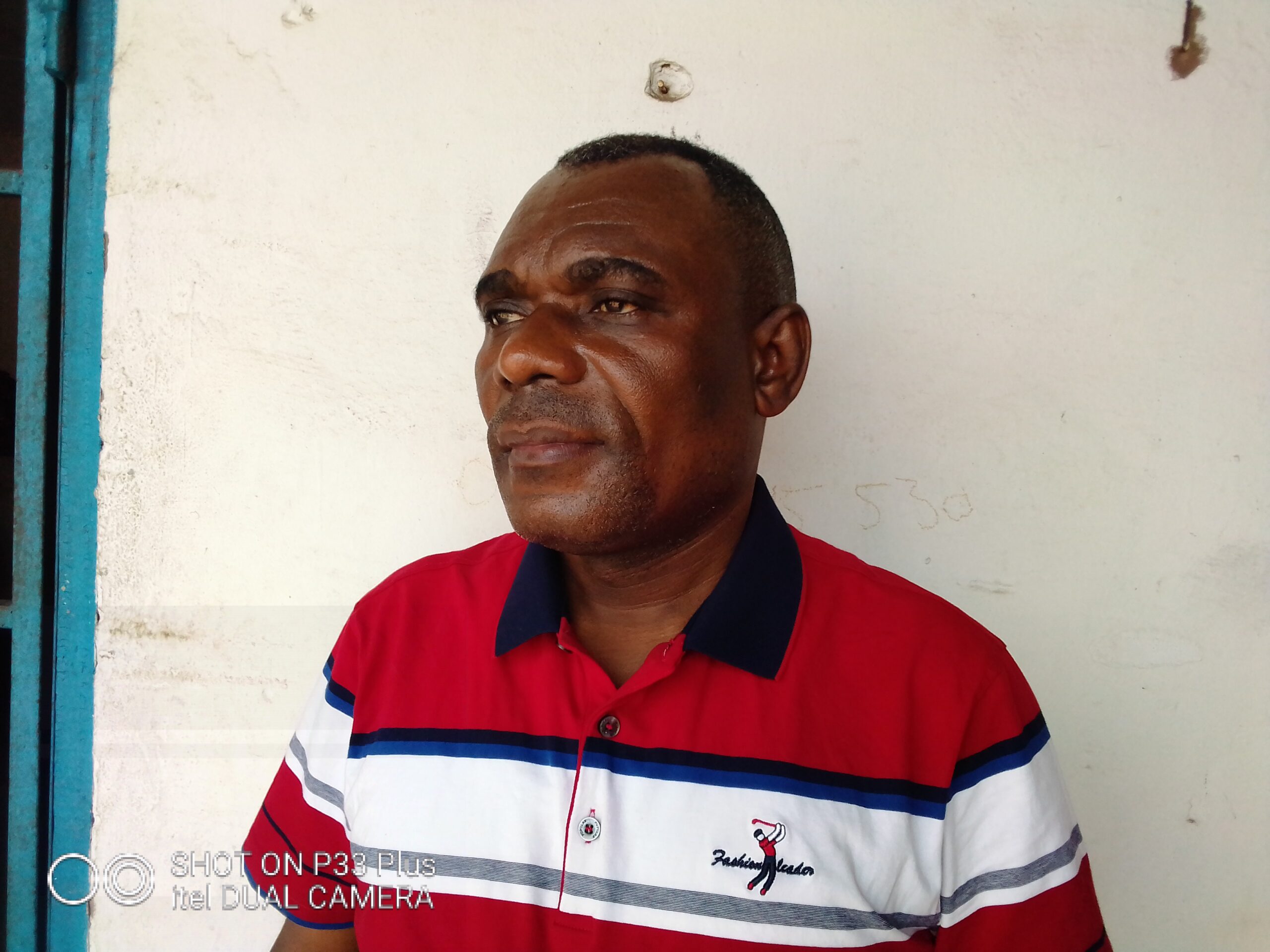
The monitoring covers the period from October 2020 to June 2021. It takes place in three educational provinces of Kwilu (Kwilu 1, Kwilu 2 and Kwilu 3) in the southwest of the country. A mission not easy given the requirements generated by the pandemic of Coronavirus.
“To carry out this activity, CANACU is working methodically with these 15 supervisors and 10 supervisors, using a field trip strategy. The activities of the investigators and supervisors put particular emphasis on sensitizing children and the community about the prevention of epidemics and COVID19 by respecting the barrier measures. See, together, how to appropriate these measures”, work with parents in the community so that they push their children to follow the lessons through the different alternatives put in place, encourage children in the different listening clubs to discuss the programs followed, says Damien Bungu, provincial coordinator of CANACU in Kwilu
The same source also indicates that this follow-up allows the children to find solutions to the problems posed by the children, during the discussions; to take initiatives to discuss, exchange or debate the problems which are specific to them and that in a climate of whole confidence without embarrassing themselves; to make sure that all these proposals are accompanied by the school leaders who direct the debates.
“It should be noted that from October 2020 until June 2021 the number of children or students beneficiaries of distance education monitored at the community level is 7,744 including 4,763 girls and 2,981 boys. Then the number of children or students benefiting from distance education after the reopening of schools during the same period is 10,497, that is to say 5,734 girls and 4,763 boys,” he said.
A document informs that in order to face the multiple consequences of the interruption of schooling, the Ministry of EPST, with the technical support of UNICEF and other partners of EPST have carried out a series of advocacy and resource mobilization actions in order to ensure the continuity of learning integrating barrier measures in teaching and distance learning.
The same source adds: “In order to reduce the risk of contamination, the government of the DRC has opted as of Thursday, March 19, 2020 for the closure of schools, universities and other learning centers, thus interrupting classes for millions of children and adolescents.
Regarding the results achieved in terms of indicators for the monitoring work in Kwilu, a FNCCO report states that the work of the investigators in the field has shown that some good practices have been learned in some families or households where several parents accompany their children to follow radio broadcasts on Radio Okapi and/or our local channels, either in the morning or in the afternoon, depending on the time of day these broadcasts are aired, and that the children themselves are gradually showing an interest in using telephones or the Internet for research.
“A great deal of work has been done by investigators to sensitize children, in the community and in schools to follow the education through different platforms such as, ”schoolap”, ”vodaéduc”, Android phones, times and joy, on radio and television ….,” adds the report.
The efforts of the government, its partners and FNCCO have been praised by many human rights activists.

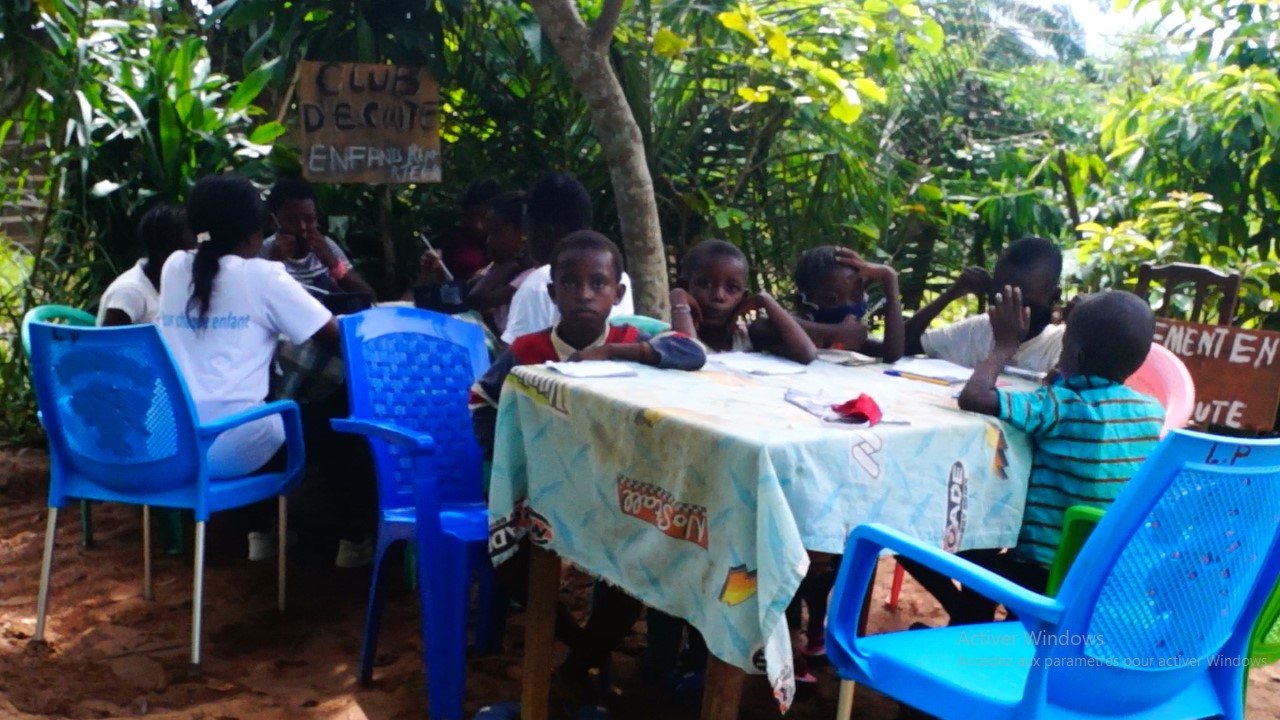
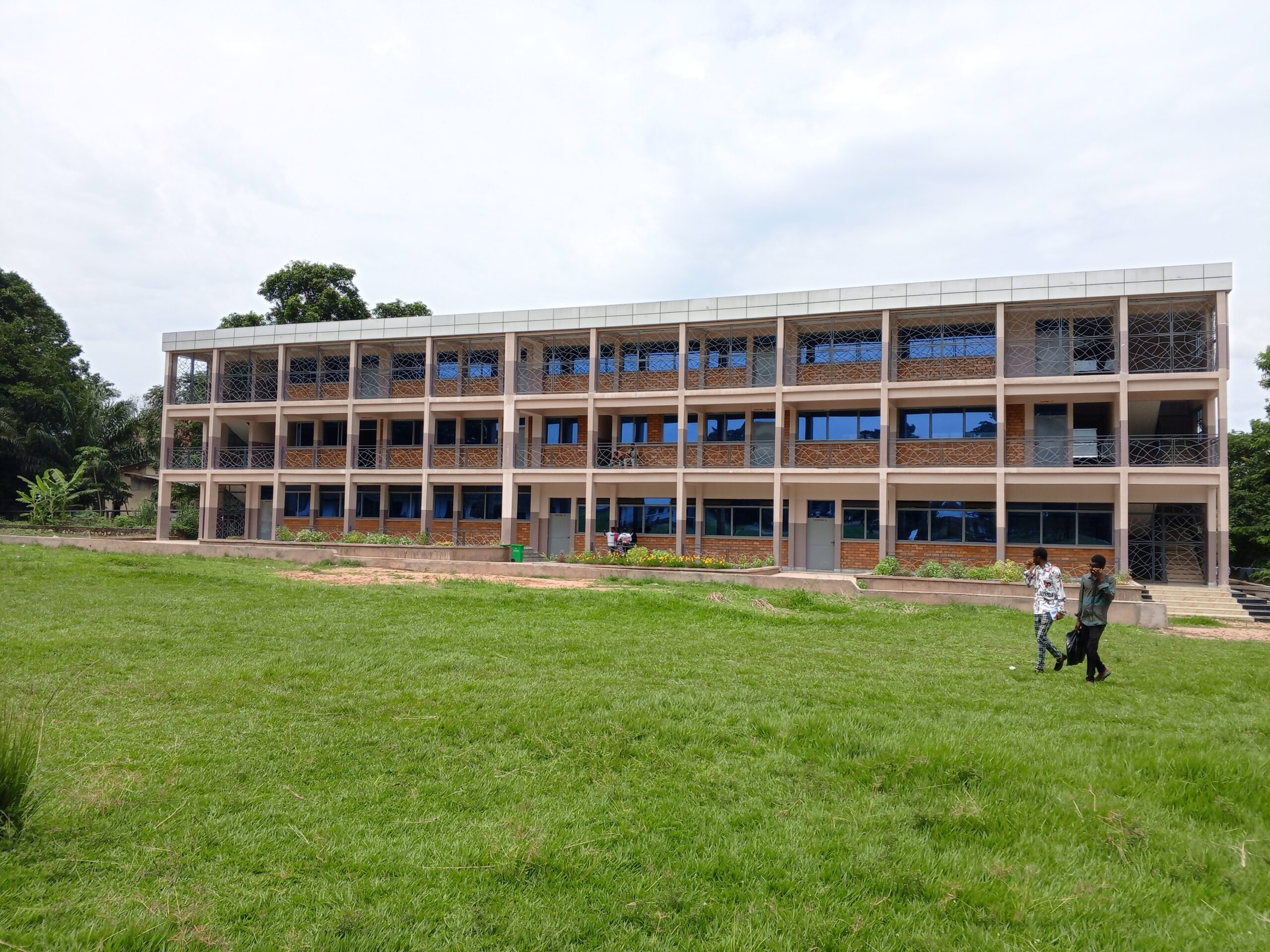


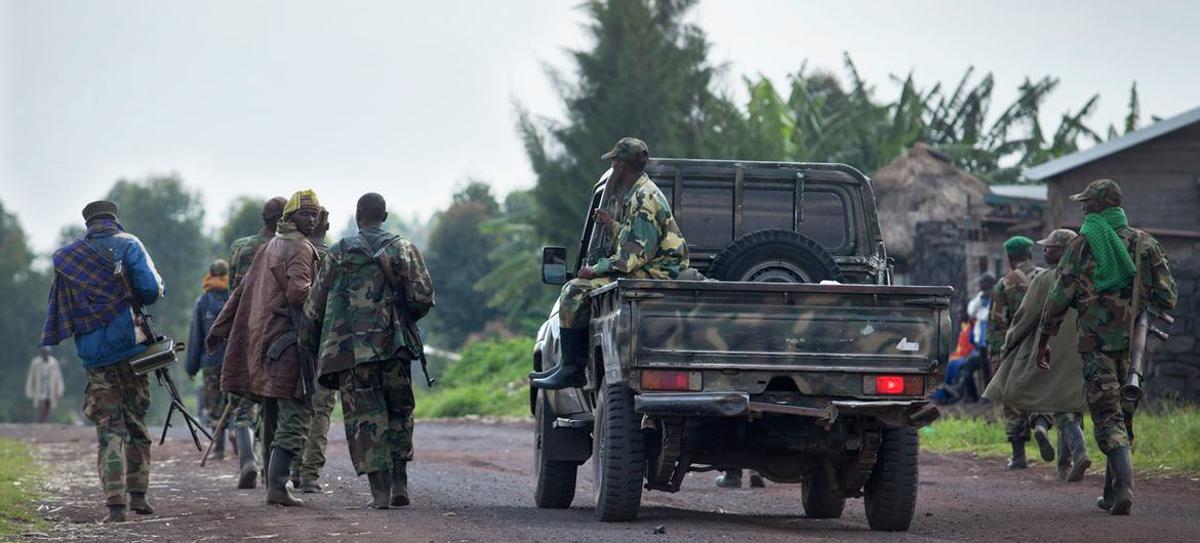
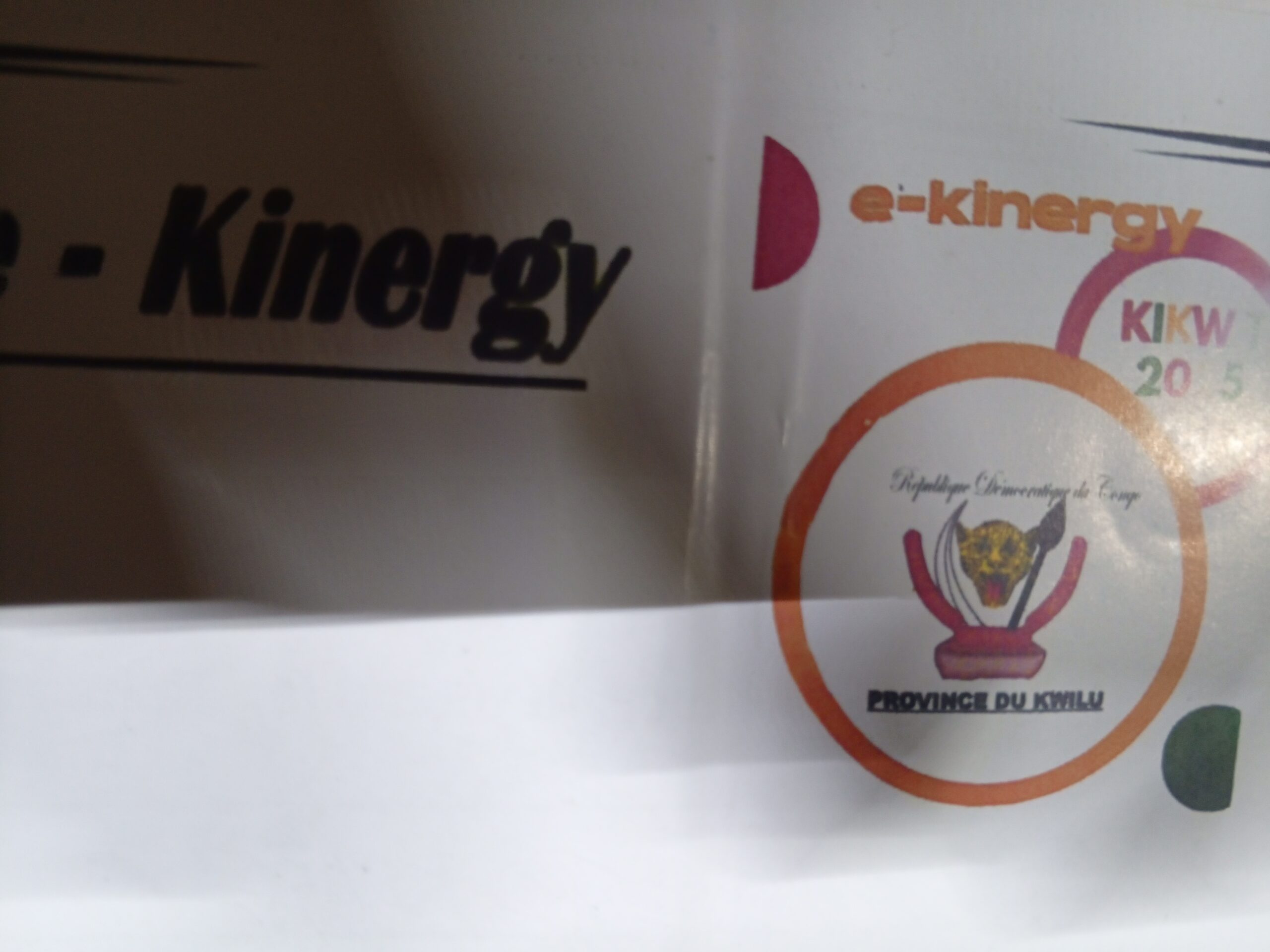
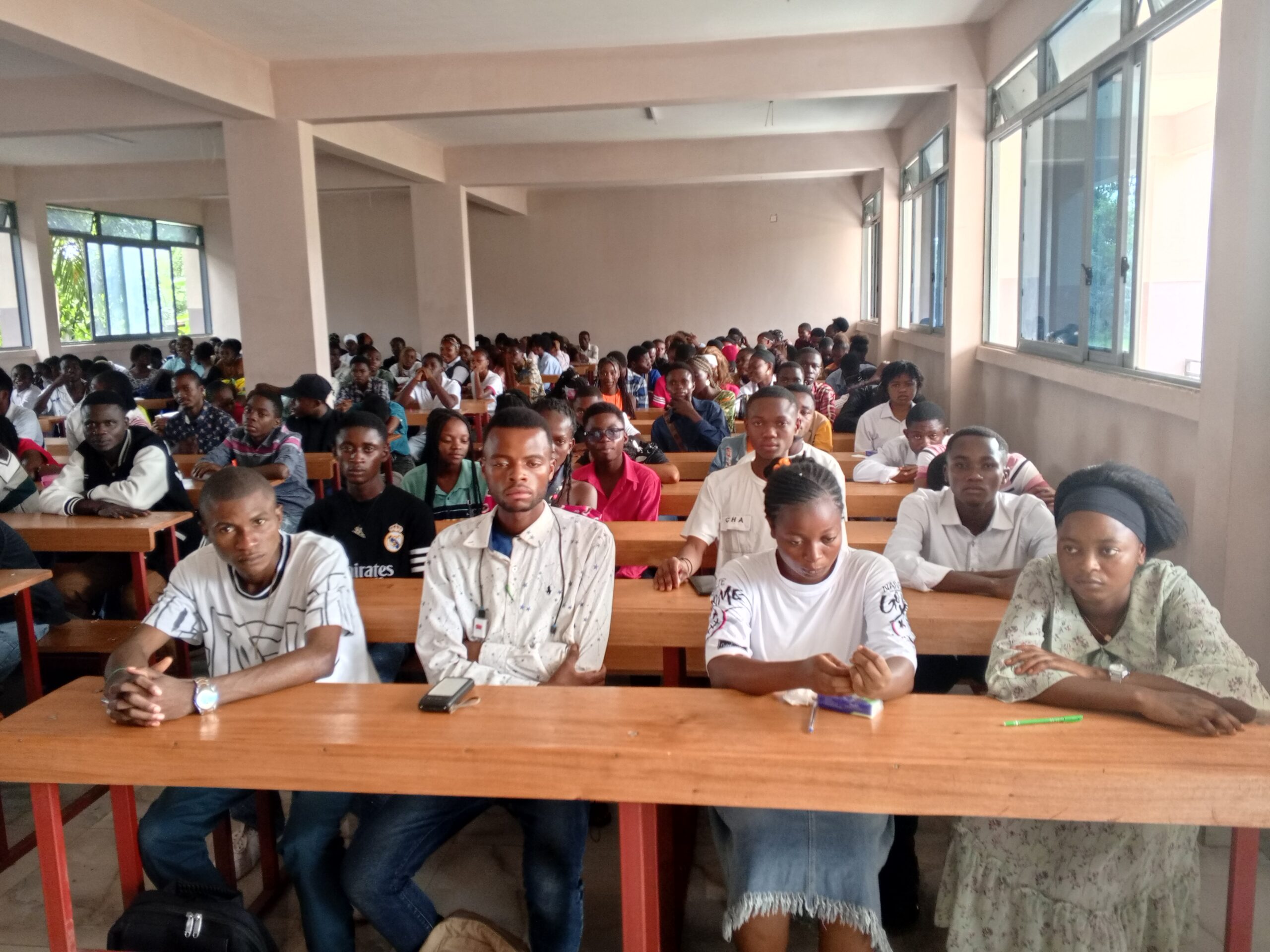
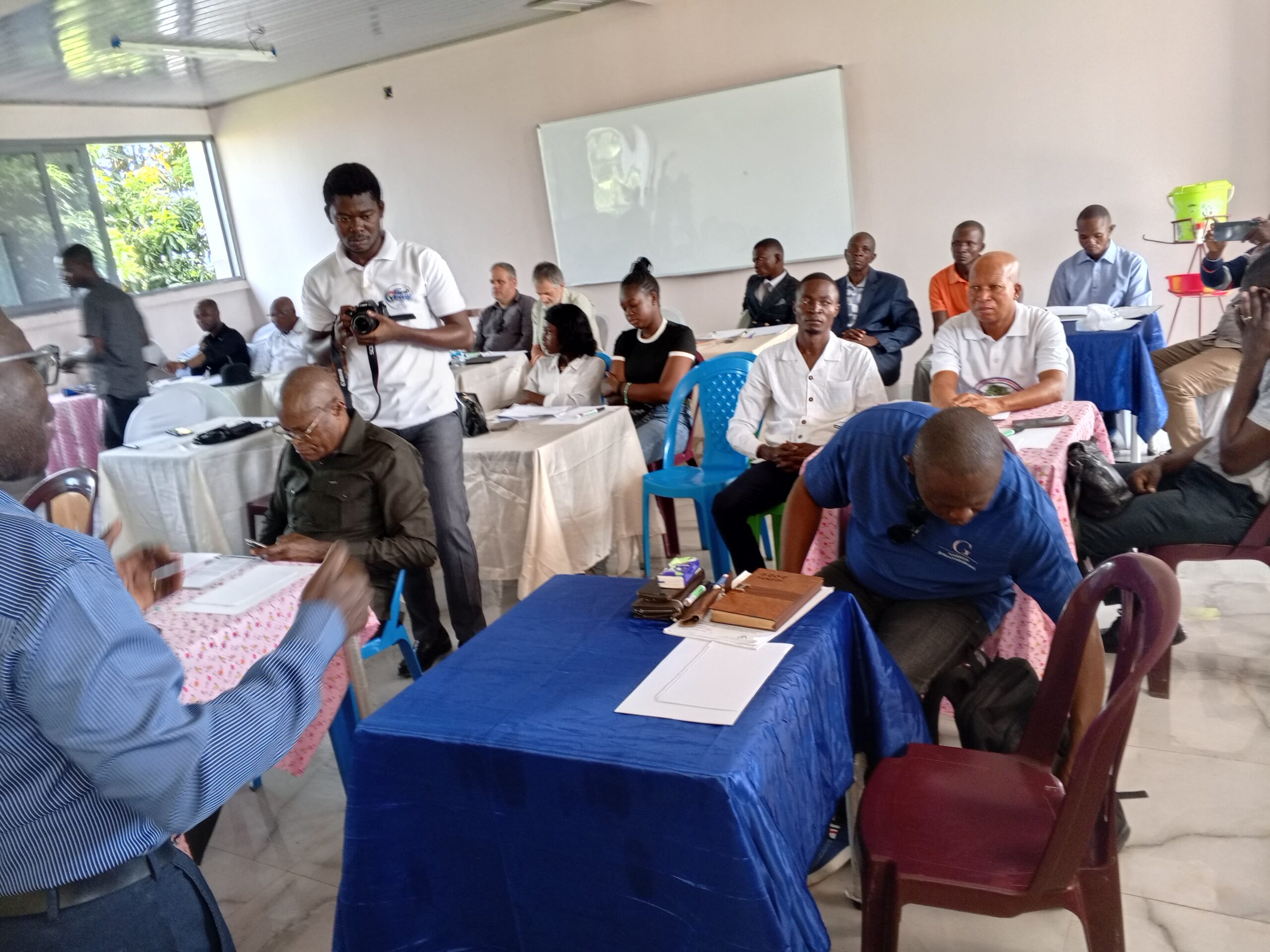
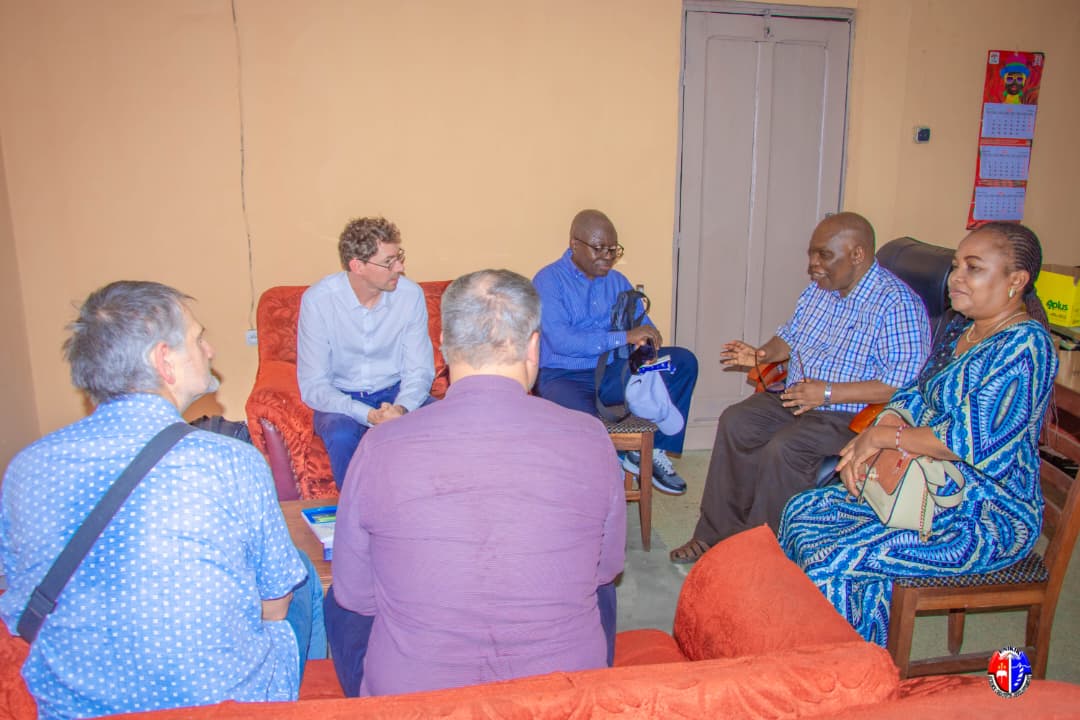
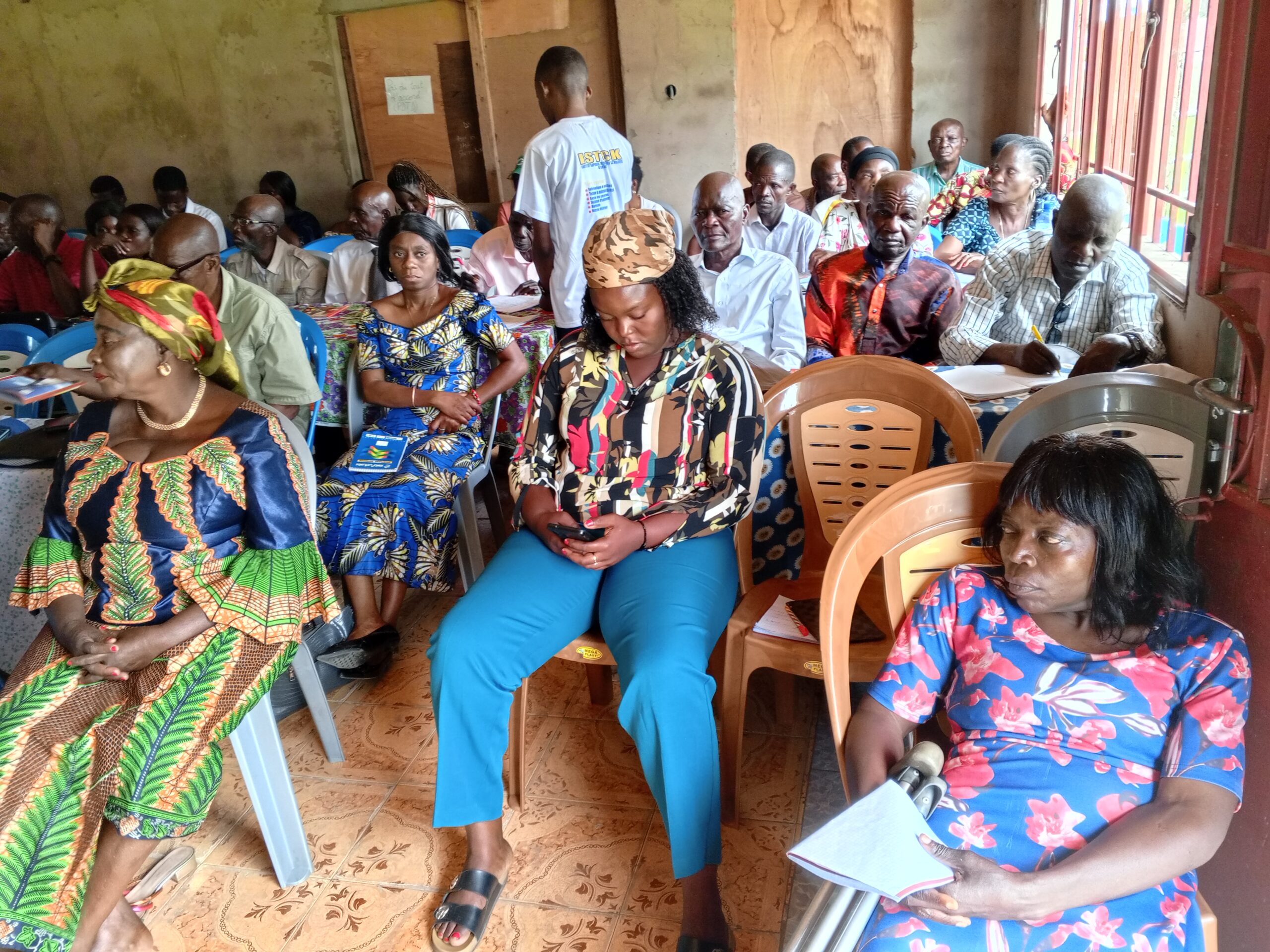
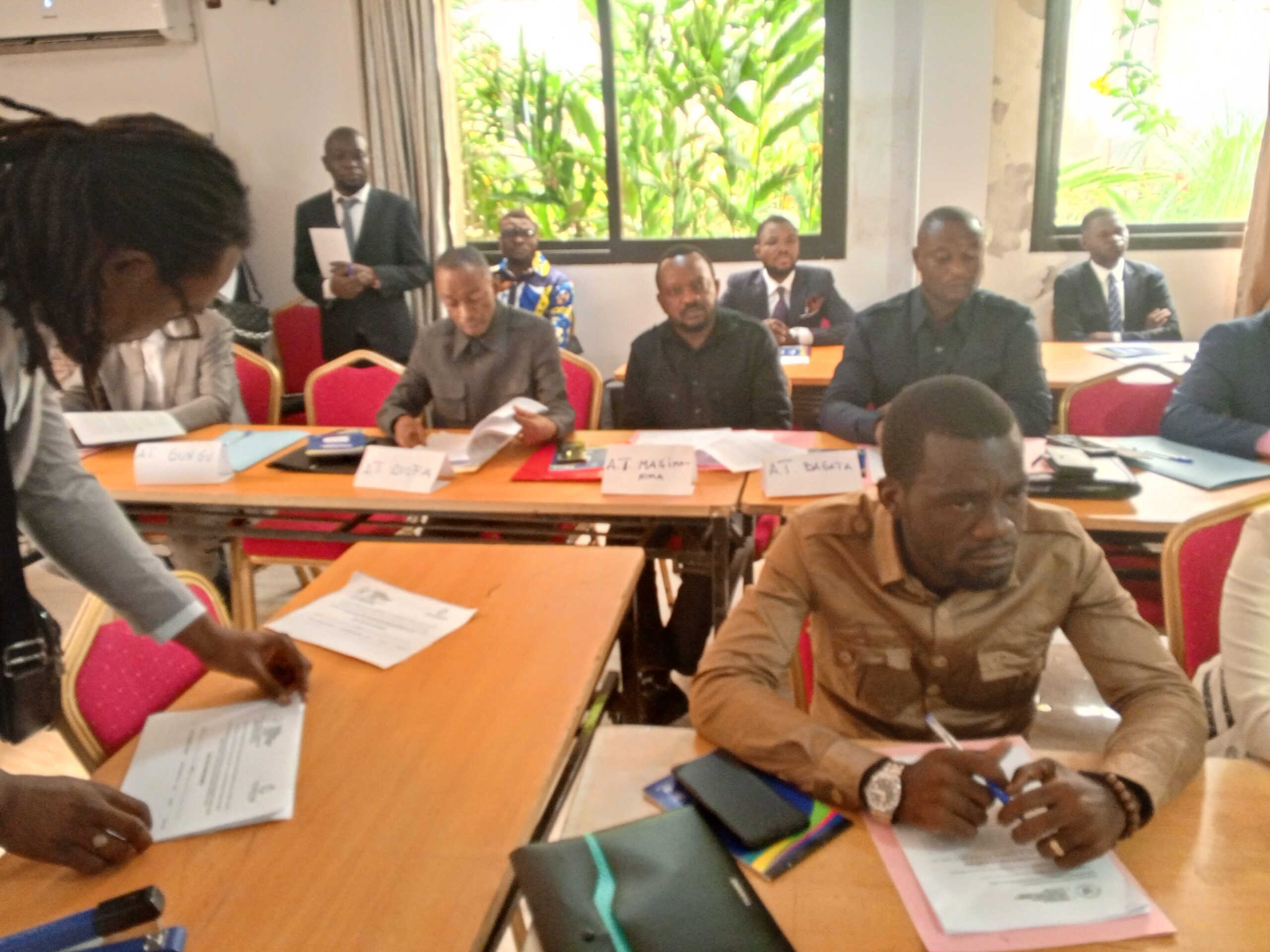
Leave a Reply